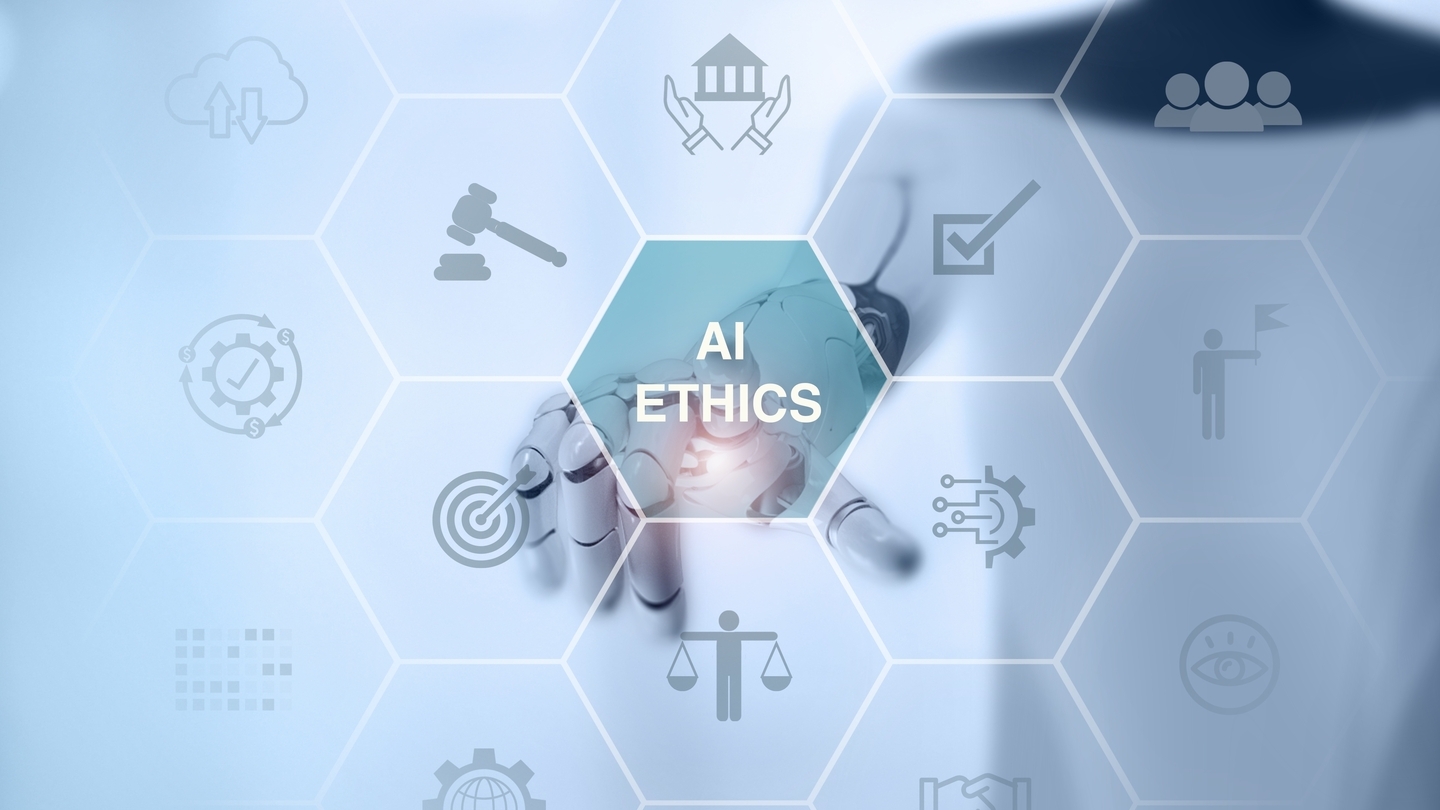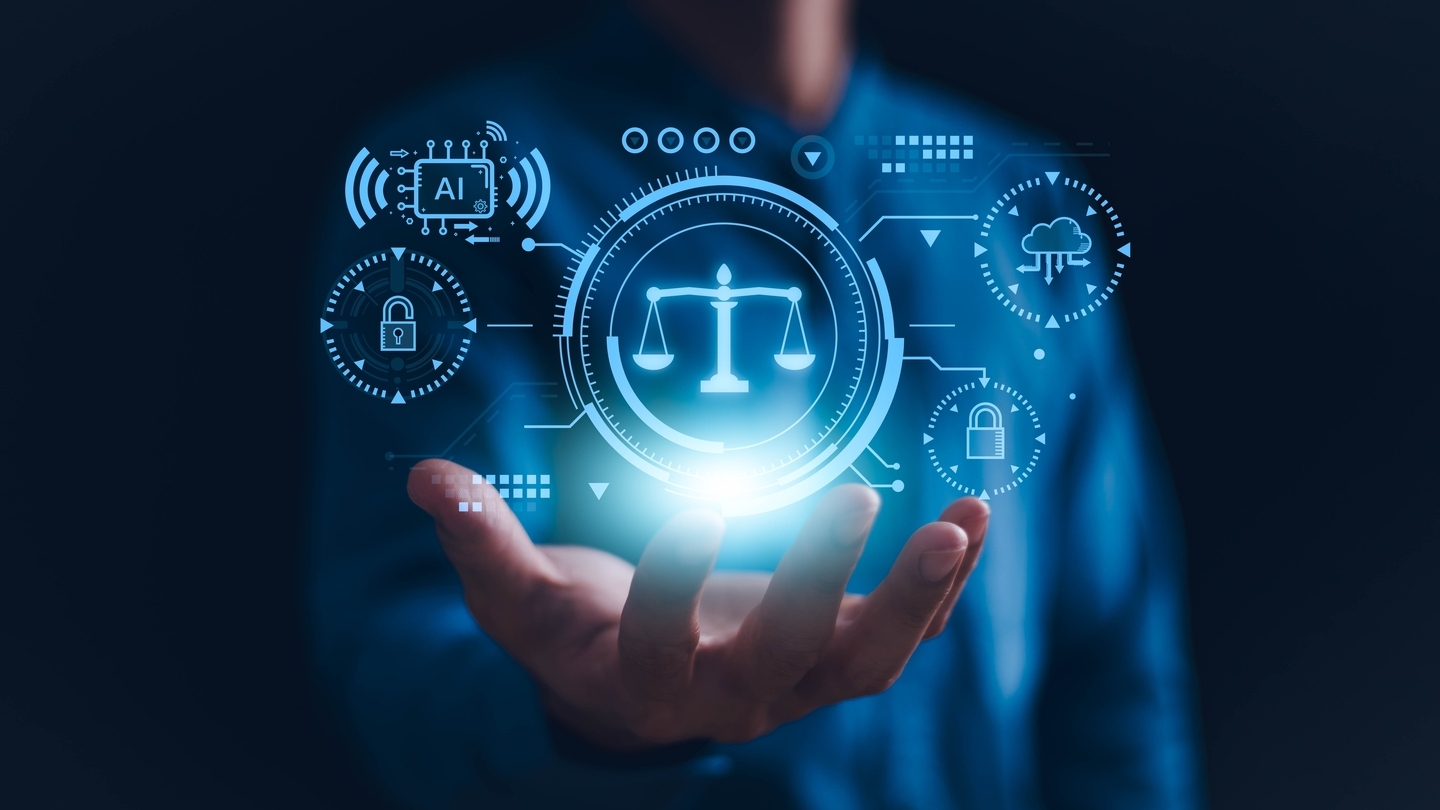SMPTE President Renard T. Jenkins calls on artists, lawmakers and the tech community to educate themselves about AI and to do so in sync with each other or fear and misuse will fill the gap.
The discourse around AI in media and entertainment has centred around the hot-button topics of preventing bias and ensuring artists are paid fairly for their work.
The Society of Motion Picture and Television Engineers (SMPTE) is taking a stand on both. Its President Renard T. Jenkins is concerned that the proliferation and sophistication of large language models are being embedded with bias, unconscious or otherwise.
“All of us in media and entertainment should be cognisant of what we are developing with AI tools. We should not be building models and then thinking about how we’re going to responsibly use them as an afterthought.”
That said, bias is not inherently a bad thing, he suggests, because certain forms of bias are there for our protection.
“I want to be very clear that...
You are not signed in.
Only registered users can view this article.

Owning the delivery: Unleashing DTC’s full potential
Direct to Consumer (DTC) broadcasting is such a big deal that it’s almost become a cliché to talk about it. But while it is busy turning the traditional media landscape on its head, is it really fulfilling its full potential or is there more to be done to create truly personalised experiences? Kevin Emmott finds out.
.jpg)
Enginelab and the new breed of cloud post-producer
It takes a brave soul to launch a new VFX facility given the meltdown at one of the industry’s largest, but creative entrepreneurs conversant with cloud economics are confident that there are excellent opportunities to be grasped.

Audience-aware streaming and the sustainability challenge
With the sustainability of streaming climbing higher on the industry agenda, Ateme is proselytising the benefits of an audience-aware approach, as Dan Patton, the company’s VP Product – Origination and Delivery, explains to IBC365.

Saleha Williams: ‘The industry is changing and IABM needs to as well’
The recently appointed CEO of the International Trade Association of Broadcast & Media Technology (IABM), Saleha Williams, has combined creative, commercial and technological interests in media throughout her career. As David Davies discovers, this means she is ideally placed to deliver “transformational change” at IABM.
.jpeg)
Juno Innovations to bring VFX at scale closer to home
Moving VFX workflows to the cloud has proved challenging, but a US-based startup could be about to change that. Adrian Pennington reports.


.jpg)

